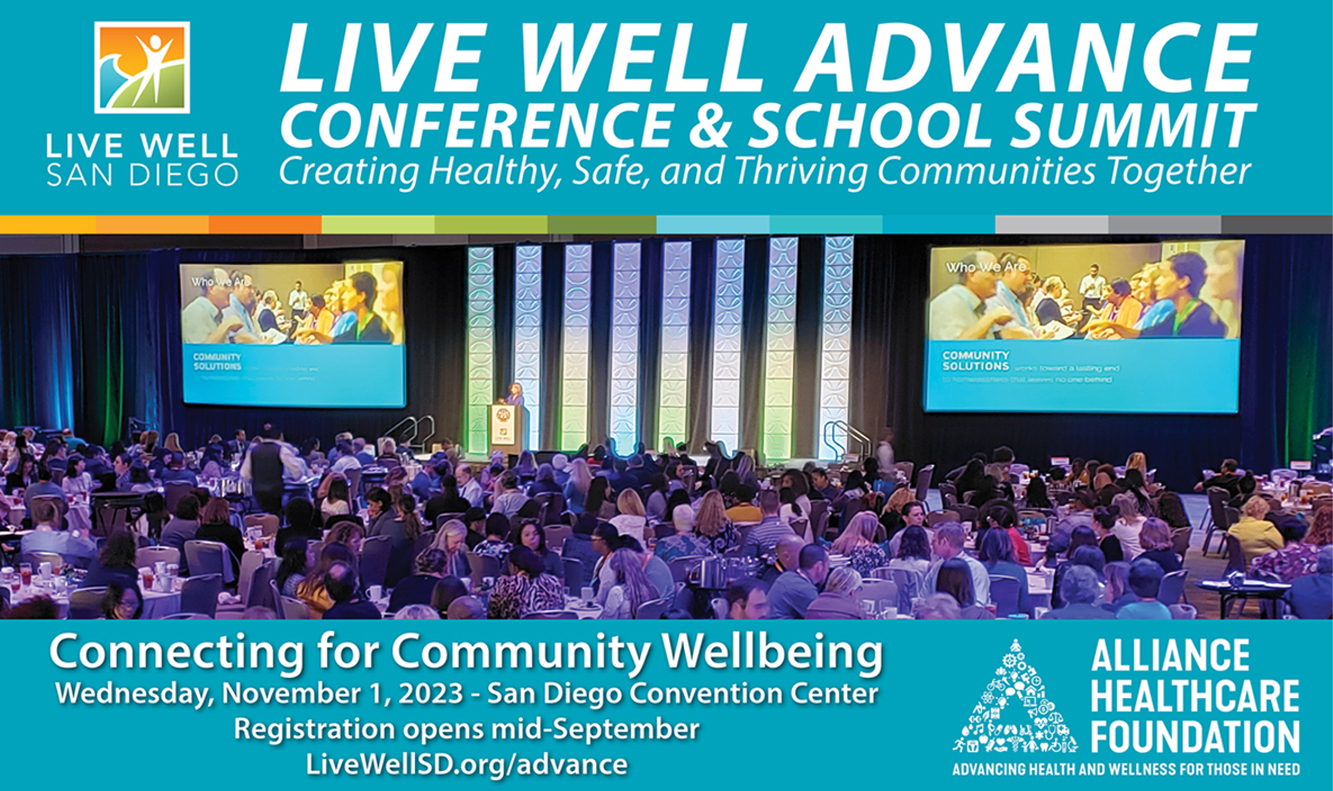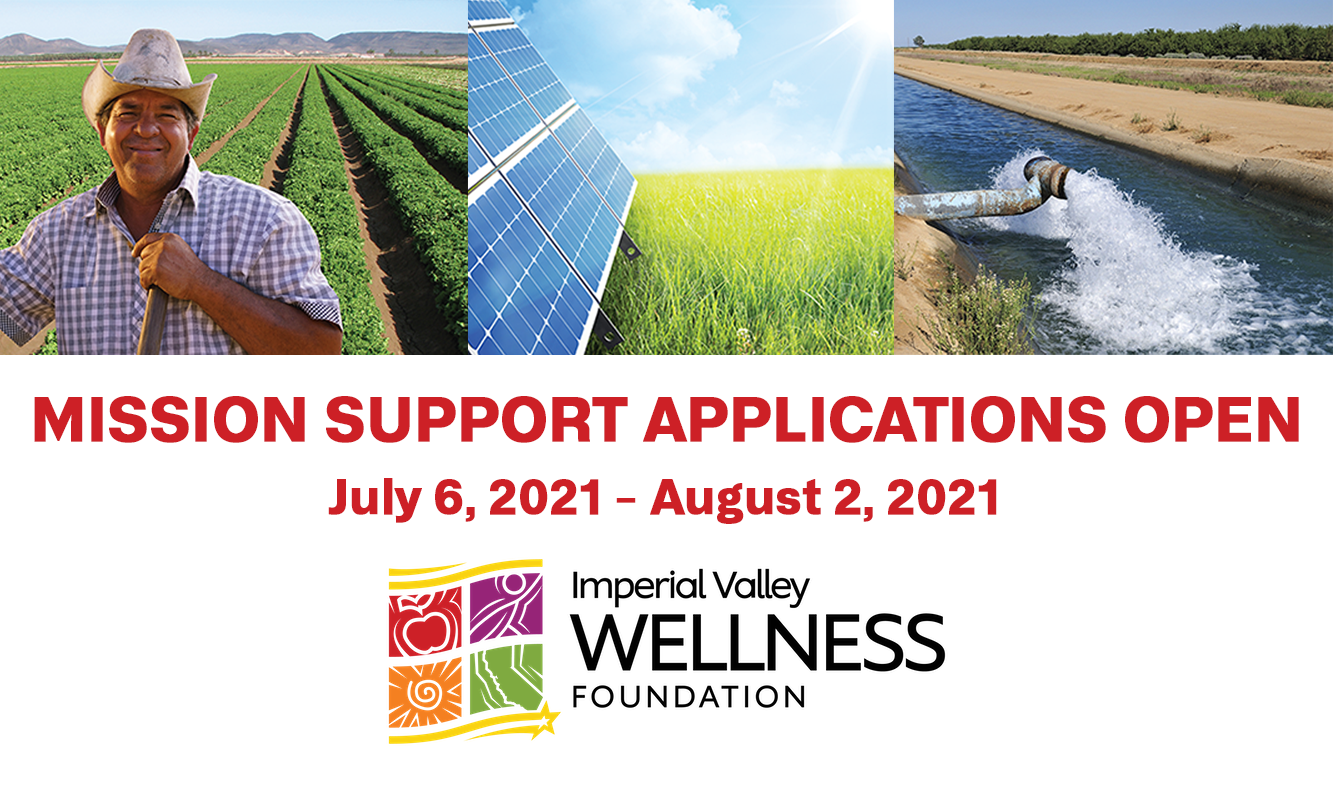February 14, 2018
Late last year the American Heart Association and the American College of Cardiology updated their high blood pressure guidelines for the first time in 14 years. They lowered the high blood pressure mark from 140 over 90 to 130 over 80, which means that 46% of the population may now be considered hypertensive; up from 32% under the previous guidelines. What does this mean for patients who will now be newly diagnosed as having hypertension? Will they need to go on medication or are there other ways to lower one’s blood pressure? Why have the guidelines changed? Since February is American Heart Month, we thought now would be a good time to take a closer look.
What is the big deal about hypertension?
Hypertension, otherwise known as high blood pressure, is the leading cause of death worldwide and the second-leading cause of death in the United States behind smoking. It is a factor in kidney disease and many other maladies that affect millions every year. Doctors are sounding the alarm about the importance of lowering one’s blood pressure because hypertension is a highly treatable condition and the earlier it’s addressed, the better the prognosis. Dr. Thomas R. Frieden, the former director of the U.S. Centers for Disease Control and Prevention says that hypertension is “the world’s most under-addressed preventable health problem.” Dr. Frieden says that sadly, one of the reasons the condition hasn’t been treated as aggressively as it could be is because the main drugs that are used to treat high blood pressure are now available in generic form, so they’re less profitable for drug companies and not marketed as heavily.
A Personal Note
My doctor put me on high blood pressure medication about 15 years ago. I didn’t have wildly high blood pressure back then, but my doctor noticed that my readings had been consistently at the high end of normal over the preceding few years, and he told me that high blood pressure was something that did damage over time, so if we got my blood pressure down now, I was much less likely to encounter heart problems later in life. He mentioned that losing weight would also help lower my blood pressure, but I was already at a pretty healthy weight, so he decided to try medication first and see how that went.
My doctor put me on a small dosage of a diuretic called hydrochlorothiazide and a beta blocker called atenolol. Atenolol and other beta blockers slow the heart rate, and as someone who has dealt with anxiety issues for much of my adult life, I was happy to try a medication that might also reduce the occasional feeling of having a jackhammer in my chest. The doctor put me on both medications and monitored my health. I noticed no side effects from either medication and since they were both available in generic form, the prescriptions only cost me a few dollars a month. Best of all, every blood pressure reading since then has shown me to be in a reasonably healthy range. My most recent blood pressure reading was 126/73, which is under the new high blood pressure guidelines, but still higher than the ideal 120/80.
Who is Affected?
To know if your blood pressure is high enough for you to talk to your doctor about seeking treatment for hypertension, doctors recommend using one of the new online risk assessment tools like this one from American Heart Association. The calculator asks you for your latest cholesterol and blood pressure readings and asks you to input your age, sex, whether you smoke, if you have diabetes, and information about your ethnic makeup as some ethnicities are at higher risk of developing high blood pressure than others. Those with African origins have some of the highest rates of hypertension. A recent study in San Diego with the Multicultural Health Foundation and Somali Family Service showed that 90% of the 142 study participants had high blood pressure. It’s worth noting however that within three months of a program tailored to the unique needs of this community, 100% of the study participants were able to see improvements in their blood pressure readings.
Do People With High Blood Pressure Need to Take Medication?
Not necessarily. Doctors emphasize that there are many lifestyle changes that can significantly lower one’s blood pressure. Smoking is known to significantly raise blood pressure, and stopping smoking is one of the best ways to improve one’s health across the board. As mentioned above, losing weight can significantly lower pressure, as well. It’s estimated in most people, every 2.2 pounds that is lost lowers blood pressure by 1 point. In addition, diets like the DASH Diet (DASH stands for Dietary Approaches to Stop Hypertension) have been shown to lower blood pressure by as much as 11 points although the diet is considered difficult to follow for some people without the aid of a dietitian.
Don’t Panic
Don’t let the latest news about hypertension send your blood pressure through the roof. If the new guidelines indicate that your blood pressure is too high, try the American Heart Association’s online assessment tool to see whether you should talk to your doctor about treatment options. Remember that simple lifestyle changes can significantly lower your blood pressure and reduce the likelihood of you needing medication. And if your doctor does recommend medication to treat your high blood pressure, remember that first-line pharmaceutical treatments are inexpensive and well tolerated by most people.
I wasn’t thrilled when my doctor first suggested putting me on blood pressure medication to lower my borderline high blood pressure. What he was saying to me about hypertension doing damage over time made sense to me though, so I was willing to give medication a try. I’m glad I made that decision 15 years ago. Even though I may have felt OK without the medication, it feels good knowing that taking medication has lowered my risk of hypertension quietly doing damage over time. “There is a reason it’s known as the silent killer,” says Dr. Frieden.
In addition to seeing your doctor, know that there are community resources and organizations that are working together to look out for you and your heart. Be There San Diego works in collaboration with major physician organizations, hospital groups, and community clinics in San Diego County to work toward one goal: prevent heart attacks and strokes. In late 2017, a study was published in the American Journal of Managed Care that “shows that the collaboration contributed to 2,735 fewer hospitalizations for heart attacks in the county from 2011 to 2014, a 16.5 percent drop compared to the previous four years, saving $61 million in healthcare costs.”
Love Your Heart!
February is American Heart Month, and Alliance Healthcare Foundation is an official blood pressure screening site for Live Well San Diego’s Love Your Heart campaign. Stop by our office in San Diego today at 5060 Shoreham Place between 10 am and 1 pm for a free blood pressure reading.
Residents of Imperial County should contact the Imperial County Public Health Department for blood pressure testing locations and information about how to treat hypertension.
Jonathan Dale, Communications Manager
Alliance Healthcare Foundation
Related News

Jul 13, 2023
Grants, Pro Bono Consulting & Conferences
Partner News + Opportunities Grants, Pro Bono Consulting and Conferences [...]

Jul 12, 2022
Imperial Valley Wellness Foundation: Opens 2022 Mission Support Applications
Imperial Valley Wellness Foundation Opens Mission Support Funding Application El [...]

Jun 14, 2022
AHF Job Opening
Wanted: Senior Director of Strategy & External Relations and other [...]
